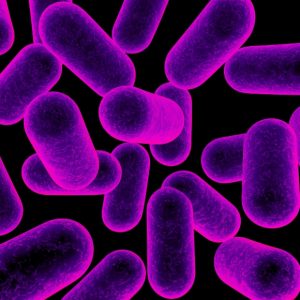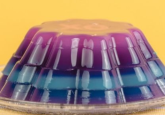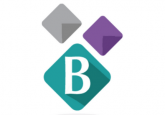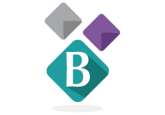Incredible research must have credible foundations

ATCC has unveiled its ‘Incredible 2020’ initiative, with five pledges aimed at ensuring the credibility of materials, standards and protocols in microbiology research.11010
As we wrote previously [1], problems such as cell authentication and identification, and microbial contamination, are far-reaching into the literature. This issue is part of a wider replication crisis, whereby problems such as the pressure to publish, experimental design, lack of technical expertise, and variability of standard reagents are cited as reasons why over 70% of researchers have failed to reproduce results [2].
Now, ATCC (VA, USA) has unveiled their ‘Incredible 2020’ initiative, which sees them move forward in the march toward reliable and reproducible research [3].
“No one person can solve these challenges – we need to work as an interdisciplinary group of scientists. That’s the vision for Incredible 2020,” explained Mark Capriani, Senior Director of Sales & Marketing at ATCC.
“As a non-profit, ATCC is uniquely positioned to help tackle some of the big challenges in science, and bring people together. We are working on opening up our protocols and what we’ve learned over our 93 years, so that scientists are better equipped to do research and to have more reproducible results.”
ATCC has announced five core pledges, which comprise advancing authentication, elevating biological models, evolving education and cultivating collaboration, as well as supporting global health, which has always been on ATCC’s agenda [4].
“These pledges are a very nice way to focus our efforts,” explained Scott Siegel, Chief Business Office and Vice President, Corporate Development at ATCC. “We cannot aim to be everything to everybody, but focus on specific areas to try and drive changes and facilitate improvement.”
Siegel himself has been on the receiving end of problems with reliability. “I spent a week in my first year of my post-doc repeating an experiment, and I finally tested the reagent, and found out that what I thought was uridine was actually uracil. No wonder it didn’t work!”
Education, education, education
With thousands of papers thought to be based on literature with reproducibility issues [1], it begs the question of whether we should be going back and combing through past literature to determine reliability. However, that’s a mammoth task – one that is not necessarily feasible.
“The reality is you can’t undo literature,” Siegel noted. “Our focus is on moving forward in the proper way.” ATCC believes that to move forward properly education must be a priority. “The industry is always in flux – there are always new people coming into it that are unfamiliar with the techniques, and there’s a lot of art and skill to those techniques.” Given the dreadful diseases we face, he believes learning by trial and error is not quick enough to be a viable option. “Our goal is to make available tools and techniques to allow people to accelerate their journey so they can be more effective – ATCC is there to facilitate.” These tools will come in the form of various offerings such as symposia and webinars, one example being a recent webinar on challenges in microbiome research [5].
Capriani continued: “We live in a different era. Scientists in the past have picked up a paper and tried to learn a protocol, but where do you go to learn the right one out of all that is available? ATCC understands the protocols, and cell culture, and we can make that knowledge available.”
Assessing the old with the new
While going back and rechecking the literature might not be feasible, new techniques are making it possible to recheck data that were generated when tools weren’t as accurate as they are today. In addition to ensuring rigorous authentication going forward, ATCC is harnessing techniques such as NGS to go back and re-check some of their cells.
This begs the question – what if technology advancements in the future pose the same problem, with them able to delve even deeper and highlight problems current technology can’t pick up? Siegel believes that won’t be an issue: “There’ll always be advancements, but as long as the science is right, it’s just the interpretations that will change.”
“This is Incredible 2020 because it is about the incredible work that scientists are doing, and that starts with credible material. That’s what this is all about – to help raise the credibility of science,” concluded Capriani.





